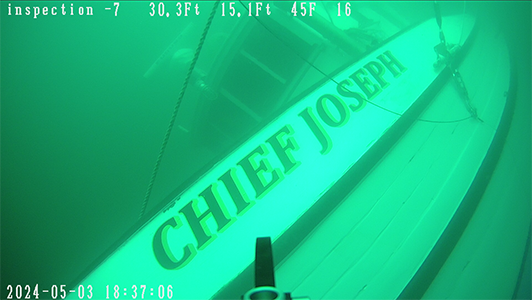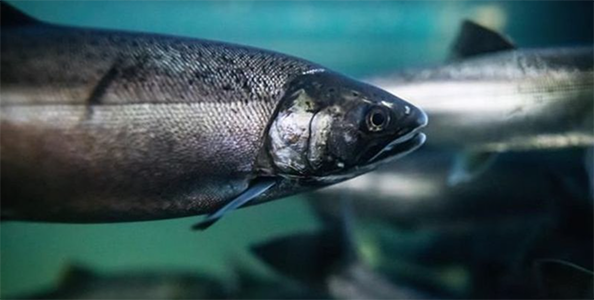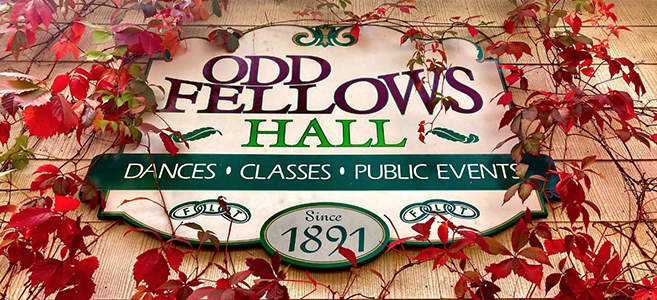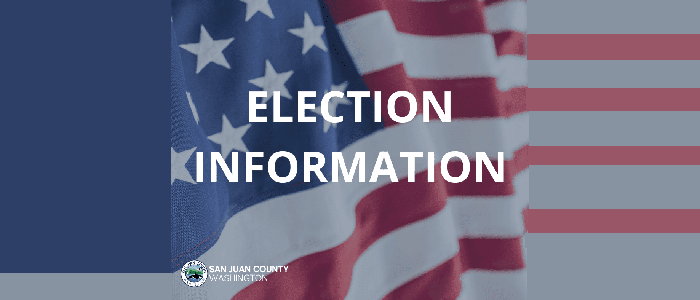| by Lin McNulty | Editor

We have quickly learned about ‘social distancing;’ it’s all the rage right now. Anybody who is anybody is doing it: not shaking hands, avoiding crowds, keeping close to home while being sure to check in remotely on those among us who might be vulnerable.
We are taking local action to make sure our children are fed and, so far, we have food security with Island Market, Orcas Food Co-op, and our local Food Bank. So far.
On the surface, we are pulling it together. Good for now, but what about down the road?
I came across this startling comment a couple of nights ago from New York Times‘ David Brooks in an interview online. And I can’t shake it from my consciousness:
I looked back and read about all the different pandemics over the centuries and you think people come together in a crisis. They do in some kinds of crises, but in a pandemic they fall apart. Reporting from the last 1,000 years of this sort is that neighbors withdraw from neighbors, you get widened class divisions. Out of fear you get a feeling of callousness.
In 1918 we lost 675,000 Americans to the flu and nobody wanted to talk about it afterwards, and that’s because they were ashamed of how they had behaved. So we need to take some moral steps to make ourselves decent neighbors to each other. This is going to be not only a health crisis and a financial crisis; how we treat each other is going to deteriorate and we’re not going to like who we are about to become.
What?? Obviously, Mr. Brooks, you don’t know Orcasians. Right? We can do this. Right?








I would recommend Rebecca Solnit’s book “A Paradise Built in Hell: The Extraordinary Communities That Arise in Disaster” over Mr. Brooks.
Hey, I have a new garlic/kitty litter scented hand sanitizer that NOT ONLY kills viruses on your skin, but keeps you from touching your face… $39.99/oz.
jussayin..
Time will tell, we’ll soon be in uncharted waters… a lot of social conditioning that places personal economic gain at the top of the pyramid will have to be unlearned.
Thanks, Lin, for getting this important community discussion going. Please add to our food sources Orcas Landing Store. They are doing a fabulous job for those of us who live in that area and all the guests/workers coming through on the ferries.
Your quote helps, too… I come from a people analytics field, so, to me, it seems the more we look at historical perspective, all sides involved, data, testing(!) for future understanding, try creative options, the better we learn our way through a mess. Yes, we can do this!
Yes Lin, I too saw this commentary and have been thinking about about how we (I) will respond. … and Hopefully…yes we can do this!!!!!!!
I am encouraged by the community response so far and truly truly think
that … we can do this.
I appreciate you bringIng this to our awareness.
I think we can, Lin. The one thing we need to face about THIS pandemic, if it follows what happened with the 1918 flu pandemic, is that if we are lucky it will ease during the summer months – but we need to be prepared and vigilant for when it reappears next fall in winter. I think I read that in the 1918 pandemic, it didn’t kill many in the spring but it roared to life in September again, killing many, including many of our ancestors.
So that is the question: how will we prepare – what will be enough food and supplies for ourselves, our families, and maybe someone less fortunate? I mean, if it gets REALLY bad? We will have to depend on one another to get through it because our resources, as wonderful as they are, will be taxed.
The promising news is that people will be hopefully able to develop some immunity and those who do vaccines will do them – but we have to be realistic. Maybe share information as we learn more about how this virus acts; does immunity mean a person won’t be a carrier? There is so much we don’t know. Just by nature of the class and economic system, the middle class and poor are the most likely to be hurt by this economically and medically; they may not be covered for treatment – which is why we really need to reform our health care system. Mr Rogers said “look for the helpers.” I like to think that the majority of people invested in being part of this community will find ways, large or small, to be helpers.
What I’d like to say to Mr. Brooks — this is the first such global emergency in the age of the internet, or tv, for that matter. So far, communicating in line is helping. I hope it will help us all maintain our humanity, this time.
Free will, and one good decision at a time (helped by “rhyming” history), will go a long way.
Orcas Issues deserves support and appreciation at this time, too. Let’s consider directed subscription/support/advertising for the excellent coverage and conversation.